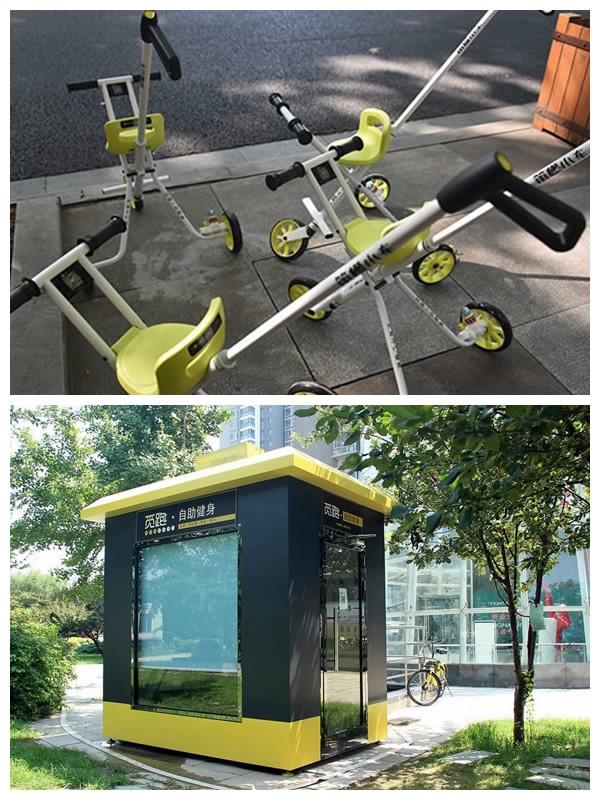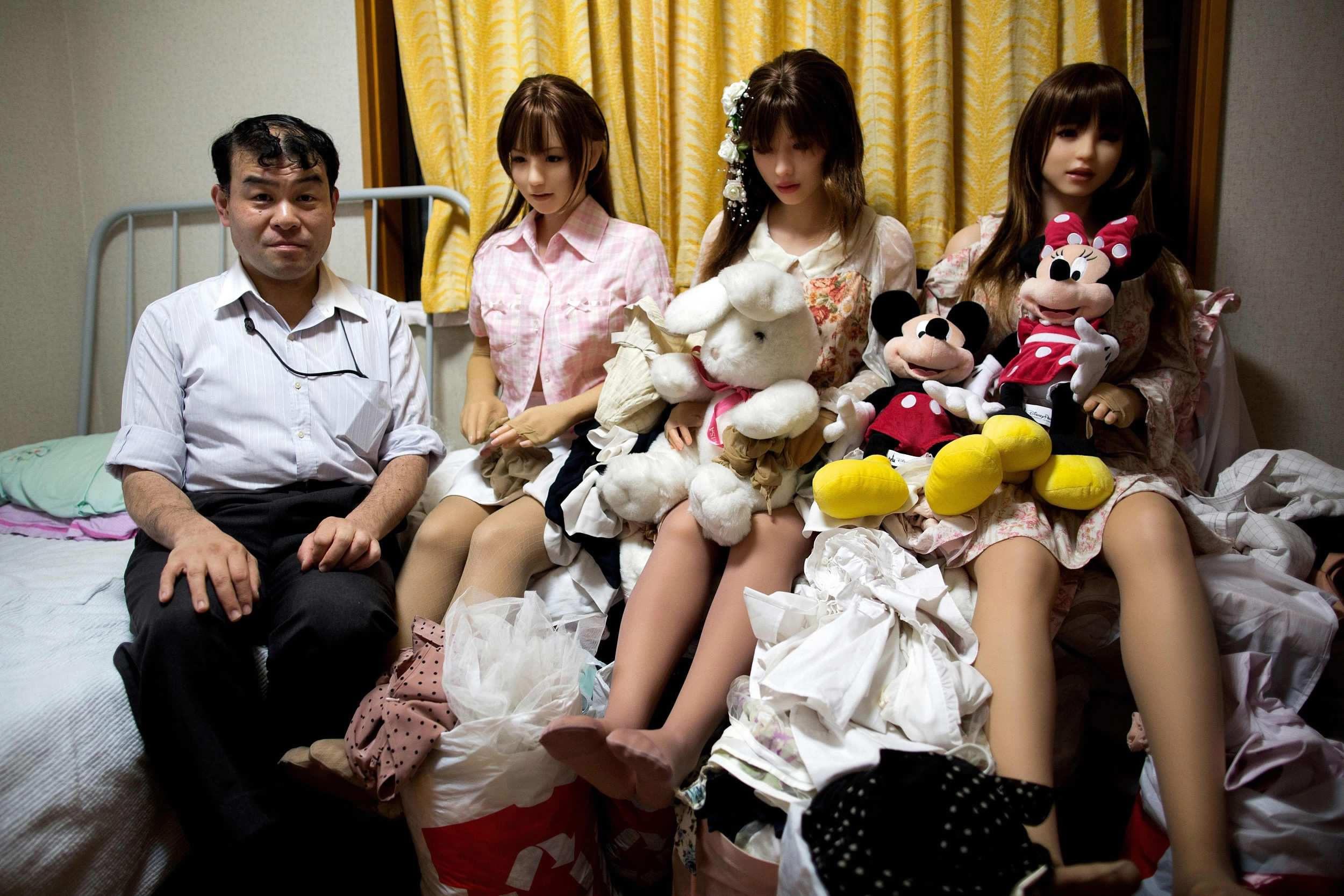
China
13:16, 17-Sep-2017
Will ‘shared girlfriend’ live long in sharing economy?
Xiao Sun

China has thoroughly embraced the sharing economy. Numerous shared bikes parked outside the subway stations or in the commercial zones are not unfamiliar to the Chinese people who have even shared umbrellas, gym rooms, and baby strollers.

The shared baby strollers and gym room /Weibo Photo
The shared baby strollers and gym room /Weibo Photo
People in China are well aware that almost everything could be prone to be shared. The idea of a “shared girlfriend,” a life-like doll, has surfaced and wowed the nationals who have become weary of sharing economy.
The economy of dolls was developed by a startup company in Xiamen, called Ta Qu or “Touch” in English, which was launched in 2015 as a social platform to discuss issues about sex and sexuality. Inspired by the trends of the sharing economy, the company rolled out five types of life-like dolls that are styled in nursing uniform, the latest teenager's gear or a student's uniform. Each doll is a representation of a different country.
All five silicon dolls are available on the company’s App. Users can rent any of them with 298 yuan for one day after they pay an 8,000-yuan deposit online. Users can have a week-long rental if they pay 1,298. The Global Times quoted the company stating each doll of this kind is valued at more than ten thousand yuan on the market.

The five models of shared dolls /Screenshot
The five models of shared dolls /Screenshot
The company also released details on the concerns with hygiene, which is a topic that has risen before users place an order.
“The lower parts of each doll is changed for every customer. Users need to remove them before returning, and the doll can be reused after the lower parts are cleaned,” the App reads.
However, the company has run into some roadblocks and is still not widely accepted by everyone. Members of the marketing team were arrested when they were marketing their sharing dolls in Sanlitun, downtown Beijing earlier this week.
Police officers claimed that the marketing was vulgar and later fined the company, said the Global Times.
Ta Qu has not responded to the trouble caused in the market thus far, but have continued to promote their dolls on the Beijing subway trains, and they also have made their service easier for users to use on the homepage of their App.

The marketing in Sanlitun, downtown Beijing /Weibo Photo
The marketing in Sanlitun, downtown Beijing /Weibo Photo
In Japan, approximately 2,000 dolls of this kind are sold each year running around 6,000 US dollars each, according to industry sources. In comparison to the sex doll boom in Japan, there have been some Chinese people who feel it's unacceptable to own a life-like rubber doll at home.

Japanese Physiotherapist Masayuki Ozaki with his silicone sex dolls / Behrouz Mehri, AFP
Japanese Physiotherapist Masayuki Ozaki with his silicone sex dolls / Behrouz Mehri, AFP
“Sharing is unacceptable. I feel it's not clean. This kind of thing is designed for people who don’t have a girlfriend,” said @Buongtong0709 on Sina Weibo.
“They are showing women... [though they are dolls] It is disrespect to women,” commented @Lvtianpei.
“My first feeling to this marketing is disgusting,” said @Moenyrui.

SITEMAP
Copyright © 2018 CGTN. Beijing ICP prepared NO.16065310-3
Copyright © 2018 CGTN. Beijing ICP prepared NO.16065310-3